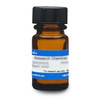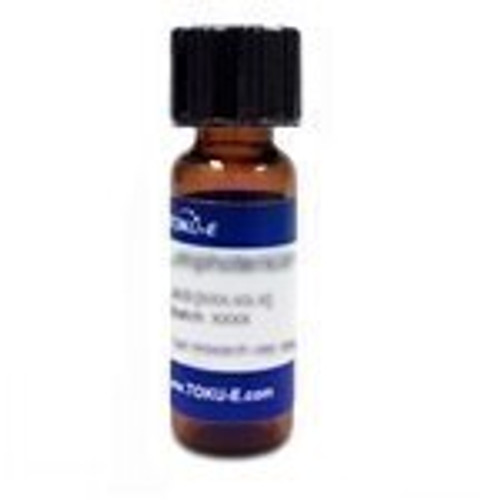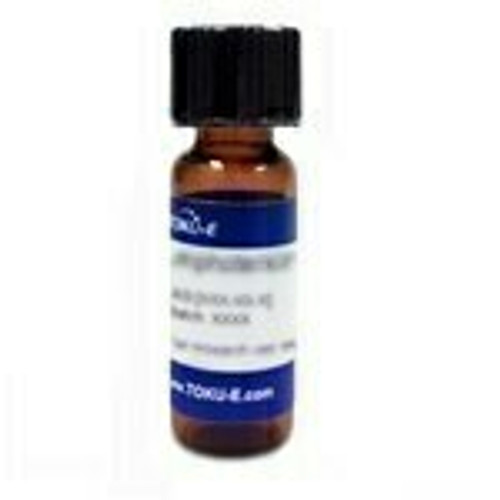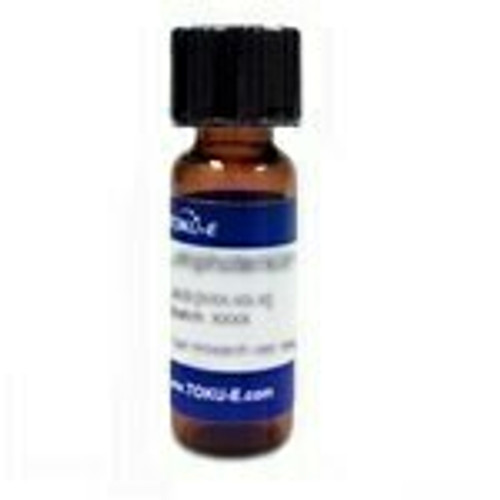Anacardic acid is a histone acetyltransferase (HAT) inhibitor that is derived from cashew shells. Anacardic acid is associated with anti-inflammatory, anti-tumor, molluscicidal, and anti-microbial activity. Anacardic acid is a common inhibitor of several clinically targeted enzymes such as NFκB kinase, histone acetyltransferase, lipoxygenase (LOX-1), xanthine oxidase, tyrosinase and ureases.
| Application | Anacardic acid has been used for tooth abscesses, acnce, tuberculosis, and MRSA. |
| Mechanism of Action | Anacardic acid is a HAT (Histone Acetyltransferase) inhibitor. |
| References | Satoh, M.,Takeuchi, N.,Fujita, T., et al. Synthesis of anacardic acids utilizing an annelation reaction of isoxazoles with ethyl acetoacetate. Chemical & Pharmaceutical Bulletin 46(10), 1501-1505 (1998). Balasubramanyam, K.,Swaminathan, V.,Ranganathan, A., et al. Small molecule modulators of histone acetyltransferase p300. The Journal of Biological Chemisty 278(21), 19134-19140 (2003). |







